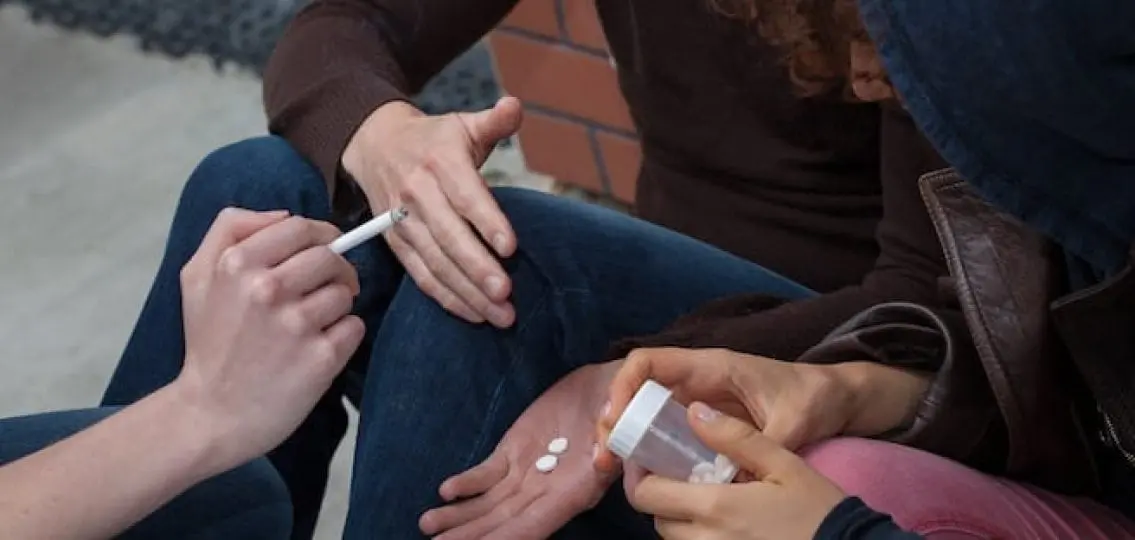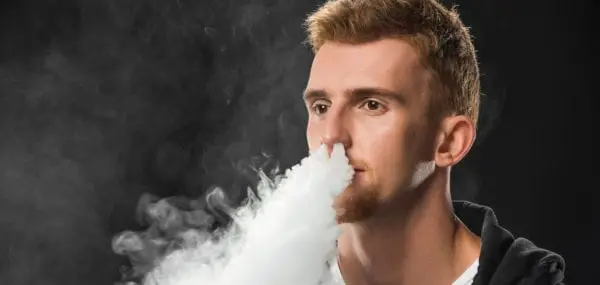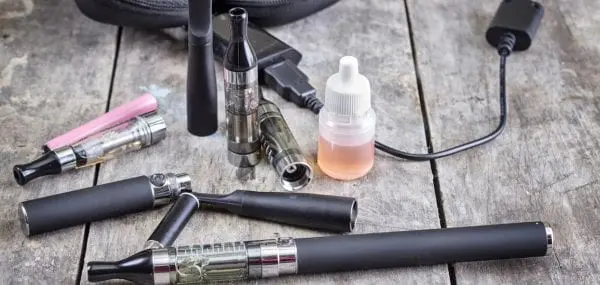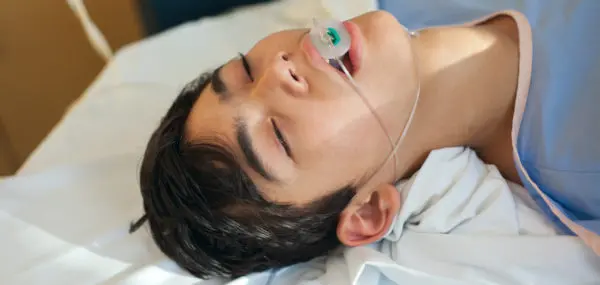Martha was shocked to find out her son had started smoking pot with some middle school friends. When he said it was “no big deal,” she began randomly drug testing him at home.
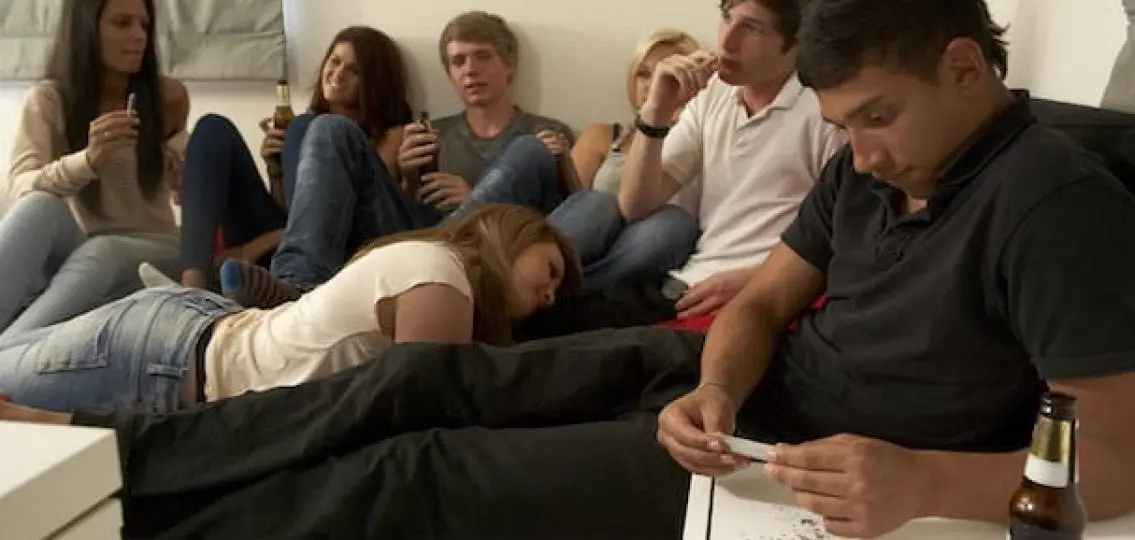
Lori did the same when she realized that her son had smoked marijuana. But, her ex-husband wasn’t happy about her decision. “He thought it would just erode any trust we might have and talked about how all teenagers experiment,” Stevens says. “But, I could see his grades dropping, and I just didn’t want him going down that path.”
Drug testing your teenager is no longer an expensive, elaborate option reserved for worst-case scenarios. Pharmacies and online sites sell drug test kits for around $20. And most kits can test up to 12 types of drugs by using a urine sample (similar to a pregnancy test).
So, drug testing your teenager is now both easy and inexpensive. But, should you?
Experts and parents are divided on the issue, but nearly all agree on one thing: Don’t test your teenager without cause.
If you’ve caught your teen or he’s admitted using, the line becomes more blurred. Drug testing can help to reestablish your trust and ease your mind. Also, your teen will have a good excuse to say no to his peers.
That said, it’s not for everyone. The American Academy of Pediatrics officially recommends against parents drug testing kids. But, Dr. Sharon Levy, chairperson of the Committee on Substance Abuse at the AAP, admits that it’s complicated.
No Easy Answer About Drug Testing
“Drug testing can be a good clinical tool for kids who have had problems with drug use or even kids who have been caught, and you don’t know if they have big problems.”
Levy worries, however, that it’s invasive. Invasive? Yes, because you really need to watch your teenager pee in that cup. Also, parents can use it as a crutch in lieu of talking to their teenager or getting to know their kids’ friends.
Drug testing isn’t conclusive, either. Drug tests don’t pick up every known drug, and a teenager may switch to a synthetic drug that the tests can’t catch. “It’s best to leave the tests in the hands of professionals,” Levy concludes.
But, David Evans, special advisor to the Drug Free America Foundation, advocates for parents drug testing their teens. The Food and Drug Administration has approved all the home drug testing kits sold in pharmacies, which means they are accurate and easy to use, he explains.
He admits to drug testing his own kids and feels that in the context of a loving relationship, it’s a helpful tool for parents and for kids.
“Give them a heads up. You want to deter the behavior; you don’t want to catch them,” he says. In other words, let them know ahead of time that they can expect periodic, random drug tests. And use the testing as part of the dialogue about drug use.
Communication is really the first tool in preventing serious drug abuse. Stevens found that the drug tests were often a good springboard for talking to her son about the dangers and consequences of drug use. It also led to discussions explaining that she loved him and cared enough about him to take extreme measures.
“It let him know that we were serious,” she says. “Not just about drug abuse, but about him.”
If a Drug Test is Positive
Getting a positive drug test result can be a blow. No way around that. “There are no false positives,” Evans says.
However, before you dole out harsh consequences, make sure that the drug use isn’t a one-time occurrence. As Levy points out, 50% of teenagers will smoke before they graduate high school, but not all will become regular users.
If you have reason to suspect that this isn’t the first time, don’t handle it on your own. Talk to a professional. Levy recommends starting with your pediatrician, a counselor or a school social worker.
Evans suggests going to a trained addictions specialist. The American Society of Addiction Medicine or a state governmental agency can provide names of specialized doctors and drug and alcohol counselors. Also, Alcoholics Anonymous and Narcotics Anonymous welcome young people. These groups are a great source of support.
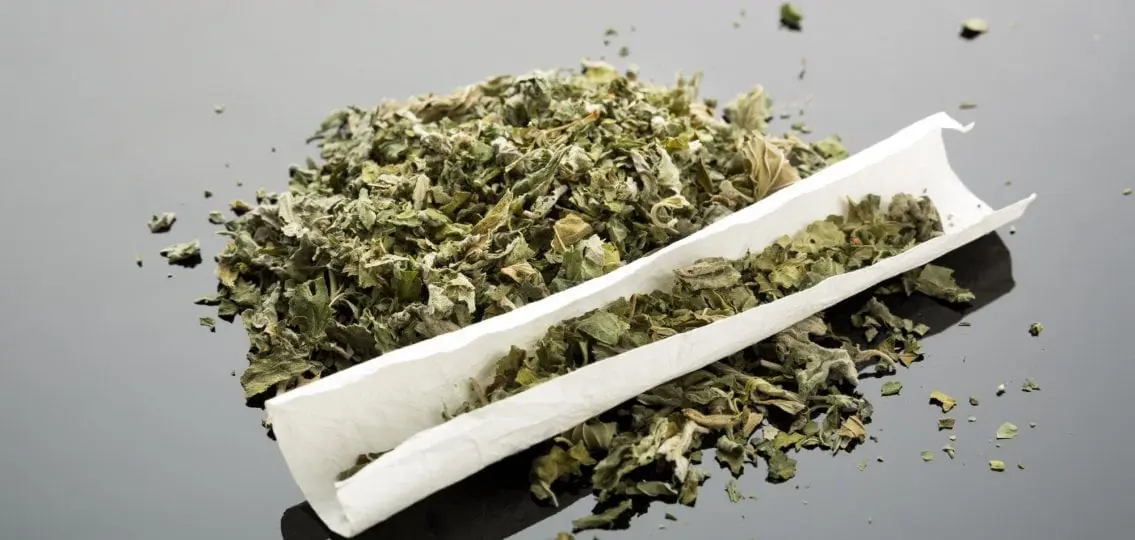
“Parents need to be aggressive,” Evans says. “If you can get a child to 21 without using (drugs, alcohol, tobacco), the chances of them becoming addicted are much less likely.”
